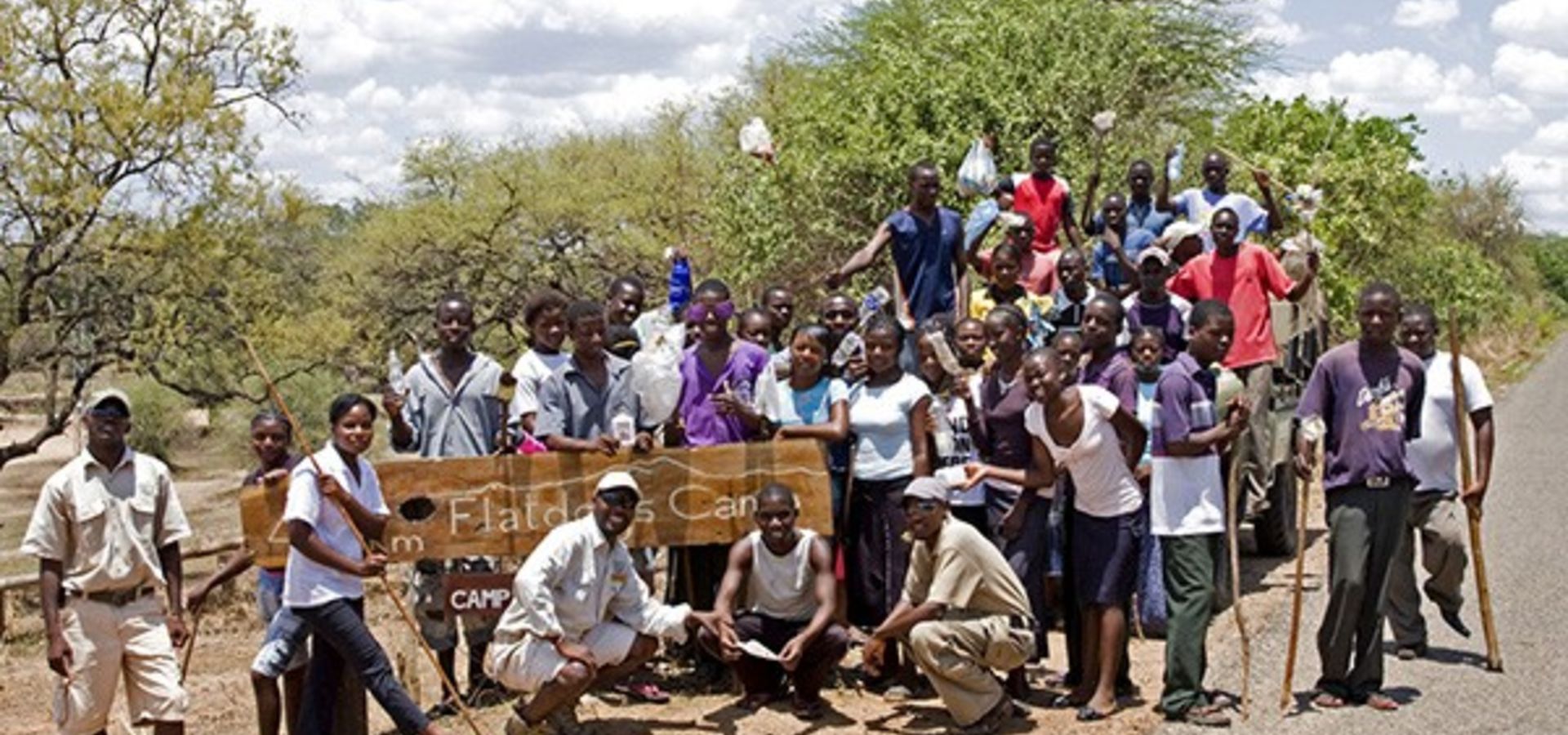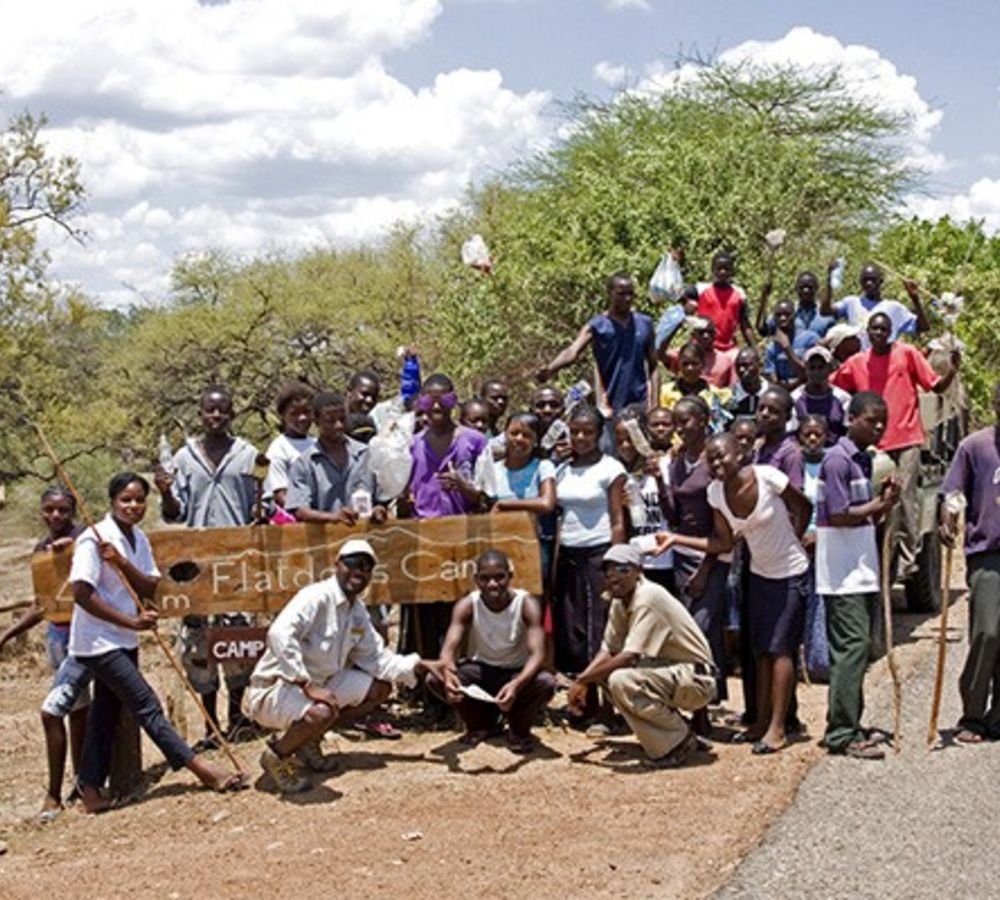



Gender Support:
Through Project Luangwa, we are supporting several projects which promote women’s rights and independence. Fwilane Banda, a qualified social worker employed by Project Luangwa, is encouraging women to continue their education and seek work themselves, a lifestyle which local culture sometimes discourages. Fwilane runs the girls club and has been instrumental in setting up the boys club as well, to ensure that the issues are also being highlighted to the boys.
At a recent school classroom opening the words of the Permanent Secretary to the Ministry of Education also encouraged girls to stay in education– “Girls, get yourselves into school, and stay in school. Do not let your ‘uncles’ force you to marry too young, or to have children. Go to school and stay in school!”
And PL has made it easier for girls to stay in school with an innovative new feminine hygiene product being produced by Project Luangwa. See here how girls are able to stay at school longer, and how local ladies are now employed making this reusable hygiene product. Well done to Karen, a PL Director, for this brilliant development.
PL commissioned a play from SEKA (Sensitisation and Education through Kunda Arts), a local drama group. This play deals with teenage pregnancy and sexual harassment. We show this play at schools and in villages; it is very interactive and uses humour to address sensitive issues. After each performance we invite the audience to voice their opinions and generally discuss the problems that have been brought out into the open. A performance of this play costs $150 and PL are always grateful for financial assistance with commissioning SEKA to perform this play in as many areas as possible.
PL have launched a “Bring a Bra Scheme” as many of the girls we deal with cannot afford this essential item. They are also starting to run ‘Girlie Days’ which will help young girls to cope with some of the problems of sanitation and personal hygiene in a rural area – this scheme is still in very early stages so please get in touch with PL for more info.
Game Drives for Kids:
This year, we will continue with our existing programme of offering game drives for school children to give them a chance to see the wonderfully diverse wildlife spectacle on offer in the Luangwa. Many children’s understanding of wildlife comes only from a close encounter with an elephant late at night in one of the villages, so it’s great to have the chance to show them these animals in a more relaxed situation! Each of our guides takes a group of children out, helps them learn about the wildlife and talks about the value of this unique park over a soft drink at sundowners.
We encourage the children who we take on game drives to get involved in community conservation initiatives. When the bush dies back late in the dry season, we arrange for them to walk the streets of Mfuwe with plastic bags and collect all the litter that they can find. We dispose of the litter carefully, and then drop them back at their homes. During November, we will begin our ‘litter patrols’ and encourage the school children and villagers to do the same.